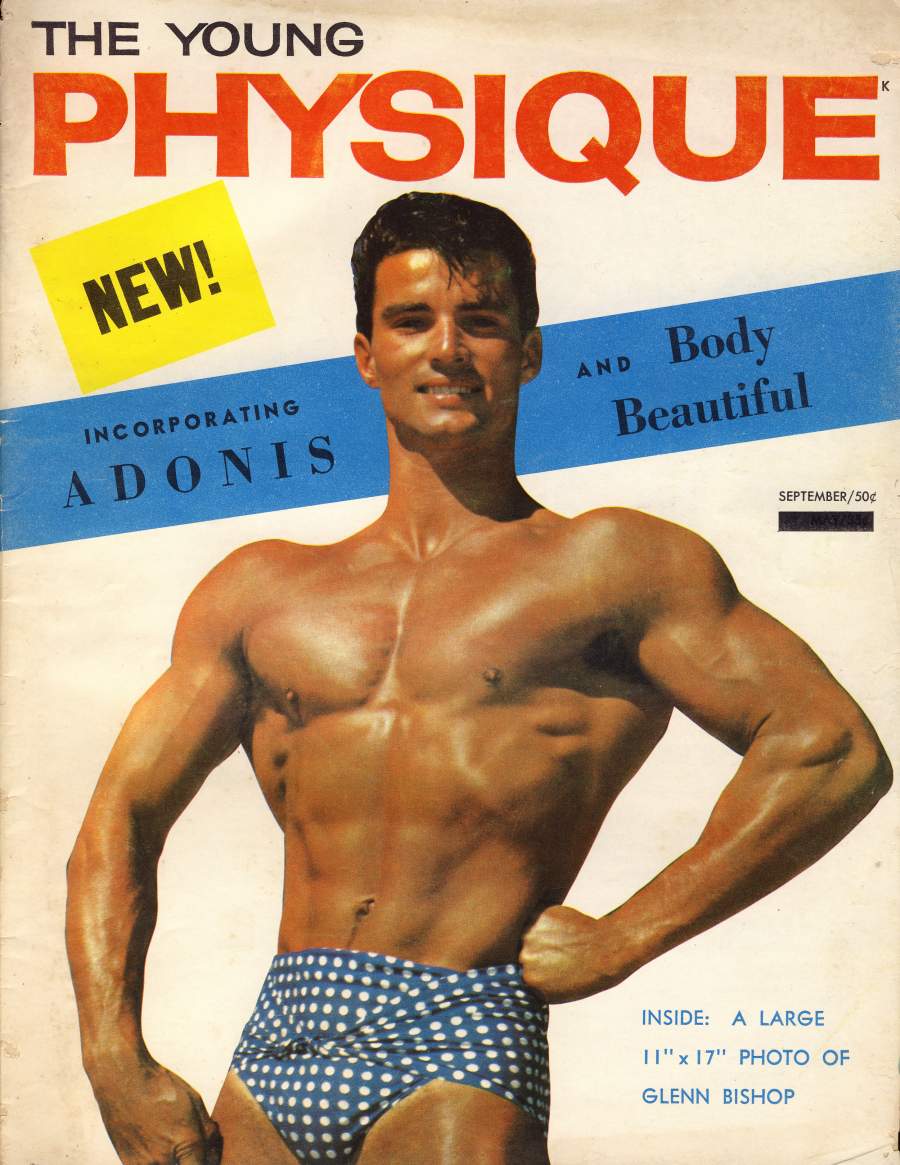My own path: I started my weight-loss plans after readings a low-carbing article in a magazine, and lost a fair whack of fat whilst still consuming artificial sweeteners, thinking organic foods were for rich suckers, and only watching my carbs (no matter what the source). After finding Son of Grok and MDA, I started cutting out chemicals and streamlining my eating to meat, veg, eggs, some fruit, some nuts, and lots of oils. I've tried different ways of eating along the way, and battled interference from drug therapy for an ongoing nerve damage issue, but ultimately I'm happy and pretty healthy. I still have some weight to lose (again), but I'm not in a rush now that I know so much about metabolism and cellular health. I am also deeply engaged with examining psychological factors behind fat accumulation and maintenance, since I recognise that my mindset towards the end of 2009 and into 2010 would definitely be labeled orthorexia. Crying in a restaurant after finding out there were breadcrumbs in the food, anyone?
To create my 'How To' plan for others, I considered the ideas of Dr Kurt G Harris's Get Started guide on PaNu, Mark Sisson's PB Basics and book
The Beginning: The first thing you need to do is work out your goals - do you need to lose weight? add muscle? improve your health? Your goals will change your focus and process slightly, although overall your choices will fit under the following headlines:
1. Eat real, whole, nourishing food. Eating live foods (meat, eggs, fruit, veg) will supply your body with necessary nutrition, whereas 'dead carbs/calories' like flour, refined sugar, and most white potatoes will leave your body starving for nourishment.
2. Eat enough food. Not too little, not too much. Eat until you are satisfied, and then stop. If you concentrate on eating nourishing food, and really savour it by eating it slowly, you will recognise satiety and won't be left with cravings or feeling over-stuffed.
3. Use your body, and enjoy doing so. Being physically active is key to health. However, if you force yourself to exercise against your body's will, you will build mental barriers against the activity, and disrupt your health efforts. If you fulfill #1 and #2, you may find yourself wanting to move more. Find something you love doing, something that involves your whole body, and have fun!
 |
| Don't worry - this will be easier than it looks, and maybe even fun! |
1a. Start your day with a grain-free, sugar-free, protein & fat breakfast.
Fuelling yourself with fat and protein helps your body run smoothly for a multitude of reasons, including blood glucose stability, hunger management, fat-burning maximisation, and neural benefits.
Try: eggs and bacon, grain-free sausages or burger patties, chicken and egg salad, frittata (can be made ahead of time for an on-the-go brekkie), grain-free granola (Nola), or maybe even coconut or almond pancakes! Dinner leftovers like roast meat are also perfect protein-rich breakfasts, though you may want to add some animal fat (butter! Yum!).
1b. Add more healthy fat to the rest of your day. Saturated and monounsaturated fats are your friends. Animal fat (lard!) is wonderful, coconut oil has many exciting health properties, pastured/fermented butter is nutritious and tasty, and olive oil is great to drizzle on salads (but avoid cooking with it). Snack on high-fat foods like boiled eggs, avocados and macadamia nuts to keep hunger at bay. You'll soon find you don't need to snack - you may even stay satiated from breakfast until dinnertime! Eat when you're hungry, and when you eat, eat fat.
Did you notice I said 'healthy fat' and then didn't talk about margarine?! Margarine, and other bogus vegetable oils (and most nut oils) and BAD. Refined, adulterated, abused, rancid, and heavy on omega-6 polyunsaturated fats. We need omega-6s, but we need to keep our intake of them balanced with our intake of omega-3s. Right now, many people in the developed world consume omega-6:omega-3 at a ratio of 20:1! The recommended level is closer to 3:1, if not 1:1. When your omega fatty acids are out of balance, inflammation is caused. Inflammation is bad news for your body, causing internal upsets that lead to heart problems, digestive issues, autoimmune problems, obesity... Avoid inflammation as much as possible. Here are two more foods which, when industrially processed, cause major inflammatory responses in the body:
2a. Completely eliminate wheat, and minimise other grains & legumes. Aim for a maximum of one grain-based meal per day, and then try for grain-free days. Rice and corn (including popcorn) are grains. You can read about the dangers of grains on my Science page.
2b. Completely eliminate all processed sugar. This one can be hard work since some of us are addicted to sweet tastes. For now, try to substitute natural sugars like maple syrup and honey for table sugar, and then start replacing your natural sugars with chopped up fresh or frozen (unsweetened) fruit. If you find yourself craving sweetness, you might want to go completely cold turkey, cutting out all fruit. This can be particularly helpful if you are looking to lose weight. You can read about the dangers of refined sugars on my Science page.
3. For fat-loss: you will probably see some weight loss once you have eliminated grains and sugars. Some of this is 'water weight', but some may also be fat. To keep this fat-burning process going, restrict starches such as potatoes and root vegetables, limit sweet fruit, be careful not to over-consume nuts, and prioritise fatty cuts of meat as they are very nutritious and satiating.
If you are not needing to lose fat, you may wish to continue consuming fruit and nuts, but prioritise sweet potatoes and yams over white potatoes as many varieties of potato have minimal nutrition.
4. Once your hunger is under control and you've cut out the foods that interfere most with hormones and bodily functions, you should look to adjusting other lifestyle factors that may impact inflammation:
Chronic stress is inflammatory due to increased cortisol circulation. Find time to play and rest. I play by belly dancing, and riding my bike. I love to hang out in my hammock, soaking up some sunshine. I also find time to get pampered with a massage, and hope to work more yoga and meditation into my life next year.
 |
| Having fun can also have bonus benefits - dancers' legs are hot! |
Get some sun. 'Vitamin' D is crucial for reducing inflammation. Depending on your skin colour and geography, get your blood serum D tested and see how long you need to spend in the sun to get your levels into the preferred range. If your lifestyle limits your outdoor hours, consider supplementation of D3. A bonus of getting outdoors and lapping up some sunlight is that you'll probably end up sleeping better due to chemical reaction and hormone circulation.
Exercise - excessive, long cardio sessions is a form of chronic stress, especially if you don't enjoy yourself. Try interval exercises like Tabata protocols, sprints (running, swimming, cycling, etc), and other activities that involve short bursts of intensity. Short and sharp - our bodies love acute stressors since they make us stronger, but chronic stressors wear us down.
 |
| You too can be beautiful! |
5. Continue perfecting your food choices. If you're having digestive issues, try cutting out dairy products. Source farm-fresh foods - avoid conventional, grain-fed meat, and limit your exposure to pesticides by going organic. Be sure you are getting enough protein (1g per kg of body weight - use a food tracker like FitDay to check your intake).
Eat until you are satisfied, then stop.
The Goal Food List for Health & Well-Being
Each category is followed by a list of the top choices in priority order.
Meat: 1) beef, lamb, bison etc, 2) free-range pork, 3) wild-caught fish, 4) free-range chicken, 5) other seafood...
Fats: 1) animal fat, 2) coconut oil, 3) butter/ghee, 4) olive oil...
Nutritious veggies: 1) leafy green veggies, 2) low-starch veggies, 3)sweet potatoes...
Fruit: 1) berries, 2) other low-sugar fruits, 3) higher-sugar fruits as post-workout refuelling...
Nuts: 1) macadamia nuts, 2) everything else except peanuts & cashews (which are legumes).
Drink water whenever you are thirsty, and you might like to experiment with tea, coconut water, etc. Do not drink soft drinks or fruit juice - it's just sugar/sweeteners. Coffee is okay in moderation, as is straight alcohol (wine, some spirits). Beer has gluten in it, though you can find some gluten-free craft beers.
Cook your food gently and properly - avoid burning at all costs. You can also learn how to properly prepare nuts and dairy products through the Weston A. Price Foundation's website.
Eat real food, avoid the nasty stuff, live like a human animal (not a robot!), and prioritise your health since your life really does depend on it.


 I cut out grains, sugar and starches at the beginning of 2009. I have been keeping a journal as I have progressively shed my bulges and my processed foods. I am aiming to live a clean, primal lifestyle, and I wish to share my eating habits with those who wish to clean up their lifestyle and live happily and healthfully. As the cliche states - if I can do it, so can everybody else.
I cut out grains, sugar and starches at the beginning of 2009. I have been keeping a journal as I have progressively shed my bulges and my processed foods. I am aiming to live a clean, primal lifestyle, and I wish to share my eating habits with those who wish to clean up their lifestyle and live happily and healthfully. As the cliche states - if I can do it, so can everybody else.
8 comments:
That's a really good starter guide! Going past all these checkpoints made me aware of my food pattern again, and I could easily check what I need to improve and what I'm doing right already.
Thanks!
Wow. Very well put together. I picked up a few things I wasn't even aware of. I'm sure I'll be sending this to a few people.
Great post to share with a few interested friends, thanks! Hubby and I have found that when people show an interest in adopting our eating habits they immediately baulk at the idea of giving up grains. "Oh no, I couldn't go without bread". The second question is always "what do you eat for breakfast?". I don't always let on that I don’t need brekky - I've learnt that it sounds a bit too extreme to a beginner.
And people are catching on to animal fat: I ordered 10kg of beef fat from Danny and he could only provide me with a couple because it's in demand! Yay (and secret boo).
Loving your blog, thanks for sharing.
llooooookin good girl! glad to see another post up and at em for you! dancing... i LOVE dancing it should be point #1 haha. but solid advice all around. i wanted to add, gor gaining, more protein to fat worked well for me.
Well thought out beginners guide. I've been primal for a while now but it was good to go through you list to check what I'm doing. Btw great blog :)
great post! lots of good info as i am just dipping my toes into the paleo waters~
Thanks :)
Very helpful to me! I've been primal for a while, about 10 months, but am definitely still a work in progress. My family is needs even more work. I've been thinking about how to slowly transition them...you've got some great starting points! Thanks!
Wonderfully done! This is great for people starting out, and a great reminder for those that are "pros" at it. I'm definitely sending this to my father! Thanks!
Post a Comment